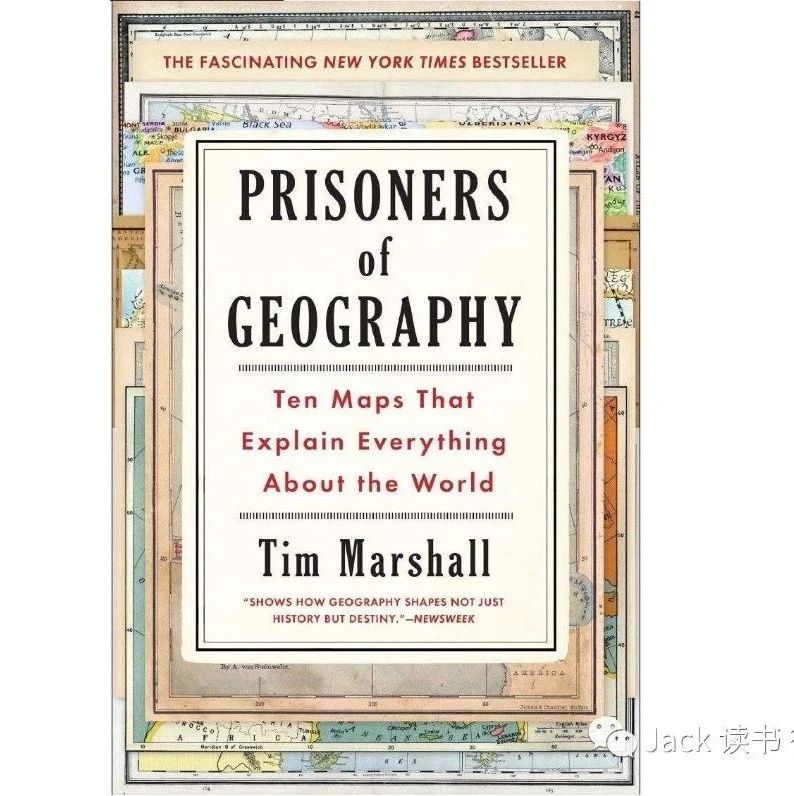Prisoners of Geography 8 - The Situation in Venezuela
Venezuela is a country rich in resources, especially in its huge reserves of crude oil. However, in recent years, mismanagement of Venezuela’s economy and politics has resulted in a socio-economic crisis. What exactly is going on in Venezuela? And who is to blame for the current situation?
Politically, in contrast to the past decade or so, the government under the current president, Nicolas Maduro, and the opposition are engaged in a bitter power struggle. One of the central leaders of the opposition, Juan Guaido, directly challenged Mr. Maduro’s power by announcing himself as the interim president in January 2019. In 2019 and 2020, Mr. Maduro secured a second term that will last until 2025, but the election is contested and viewed as illegitimate by many countries across the globe. In contrast, Mr. Guaido has the support of the U.S. government and the western media. Mr. Guaido is more successful than Mr. Maduro in rallying the public to support him, as well.
The superpowers are also involved in the internal politics of Venezuela. Generally speaking, Beijing backs Mr. Maduro, whereas Washington supports Mr. Guaido. The two superpowers have been involved in Venezuela partially because they both have vital interests in the area – especially China, since it is a large importer of Venezuelan oil and has a lot of investments in that country. Another reason might be that the U.S. if trying to push China out of its sphere of influence, thereby further diminishing the power of Beijing globally. The U.S. has secured significant leverage in Venezuela by winning the support of Mr. Guaido. In contrast, Venezuela and China’s trade has expanded more than 24-fold ever since the two countries entered into a development partnership. Many experts even believe that China determines the future of Venezuela.
Economically, Venezuela’s economy has been floundering for many years. Due to political corruption, gross economic mismanagement, and a high dependence on oil, the crisis that began during the presidency of Hugo Chavez, intensified during the presidency of Maduro. Maduro and Chavez should both be blamed for the crisis; Mr. Chavez planted the roots of it and Mr. Maduro made it worse. Starvation has escalated, basic necessities are in short supply, and millions have already fled the country. Therefore, the Venezuelan people today generally suffer far more when compared to the past. Many have become homeless and more have died due to shortages of basic supplies.
From my point of view, in the future, we are destined to see crueler power struggles between the government and the opposition. The superpowers might further join in to protect their vital interests and try to gain leverage in Venezuela, and the country may become a battleground for China and the U.S.
"China-Venezuela Relations." Wikipedia.org, en.wikipedia.org/wiki/
China–Venezuela_relations#Trade_and_investments_(1999-present). Accessed
24 Apr. 2020.
Staff of the Guardian.com, editor. "Venezuela Elections: Maduro Wins Second
Term."
The Guardian.com
, www.theguardian.com/world/2018/may/21/
venezuela-elections-nicolas-maduro-wins-second-term. Accessed 24 Apr. 2020.
Herrero, Ana Vanessa, and Megan Specia. "Venezuela Is in Crisis. So How Did
Maduro Secure a Second Term?" www.nytimes.com, 10 Jan. 2019,
www.nytimes.com/2019/01/10/world/americas/venezuela-maduro-inauguration.html.
Accessed 24 Apr. 2020.
"Crisis in Venezuela." Wikipedia.org, en.wikipedia.org/wiki/Crisis_in_Venezuela.
Accessed 24 Apr. 2020.
正文到此结束










